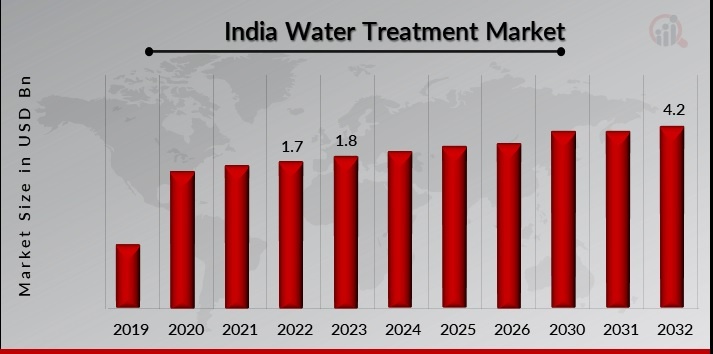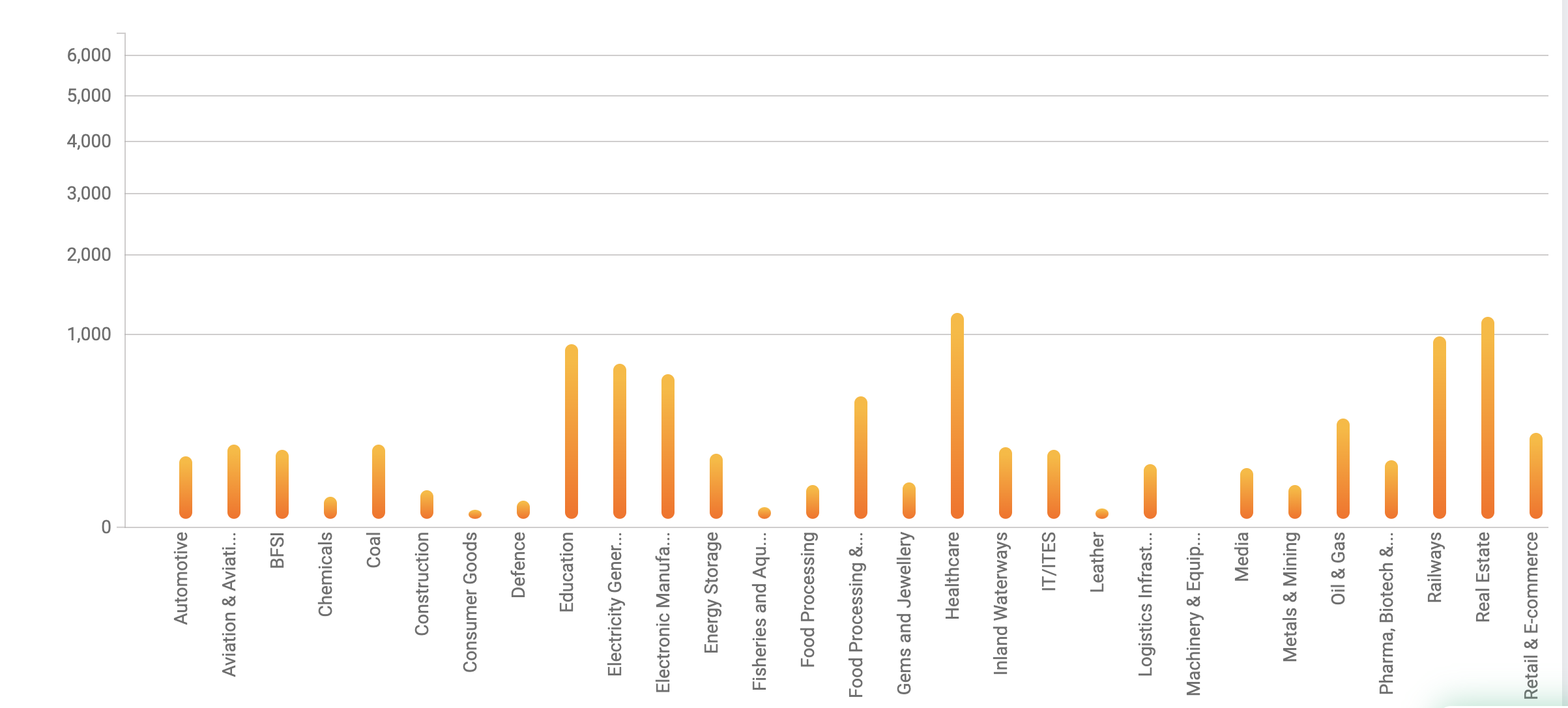The Scale of the Challenge
India, a rapidly developing nation with a burgeoning population and accelerating industrial growth, faces an escalating water crisis. The demand for fresh water is at an all-time high, while the generation of wastewater and effluent from domestic, commercial, and industrial sources is reaching unprecedented volumes. It's estimated that nearly 80% of the water supplied for domestic use is discharged as wastewater, much of it untreated.
This enormous volume of untreated or inadequately treated wastewater poses significant threats:
- Environmental Degradation: Pollution of rivers, lakes, and groundwater sources is rampant, destroying aquatic ecosystems and contaminating vital water resources.
- Public Health Risks: Waterborne diseases stemming from contaminated water sources place a heavy burden on communities, particularly the vulnerable.
- Economic Impact: The lack of adequate water treatment and the scarcity of usable water hinder industrial productivity and agricultural output.
While government initiatives like the Namami Gange program and Jal Jeevan Mission are making strides, a substantial gap remains between the wastewater generated and the existing treatment capacity. This gap underscores the critical need for advanced, reliable, and scalable water treatment solutions.
An Opportunity for Innovation
The sheer scale of India's wastewater challenge also presents a significant opportunity. It's an invitation for innovation, a call for sustainable practices, and a chance to transform a liability into a valuable resource. Effective wastewater management is not just about pollution control; it's about water reclamation, resource recovery, and building a circular water economy.
By adopting modern treatment technologies and embracing the principles of reduce, reuse, and recycle, India can move towards a more water-secure future. This involves:
- Decentralized and centralized treatment plants tailored to specific needs.
- Advanced technologies for removing complex pollutants and enabling higher recycling rates.
- Policies and frameworks that encourage water recycling and reuse across various sectors.
- Public-private partnerships to drive investment and expertise in the water sector.
At BlueDrop, we recognize both the urgency of the situation and the immense potential for positive change. We are committed to playing a pivotal role in addressing India's water challenges by providing cutting-edge solutions that not only treat wastewater but also promote its reuse, contributing to a healthier environment and a more sustainable tomorrow.
In-Depth Analysis Coming Soon
We are preparing comprehensive research and analysis including regional water stress data, policy impact assessments, technology adoption trends, and success stories from across India's water sector. Please follow this space for detailed insights into India's water transformation journey and our role in shaping a sustainable future.

